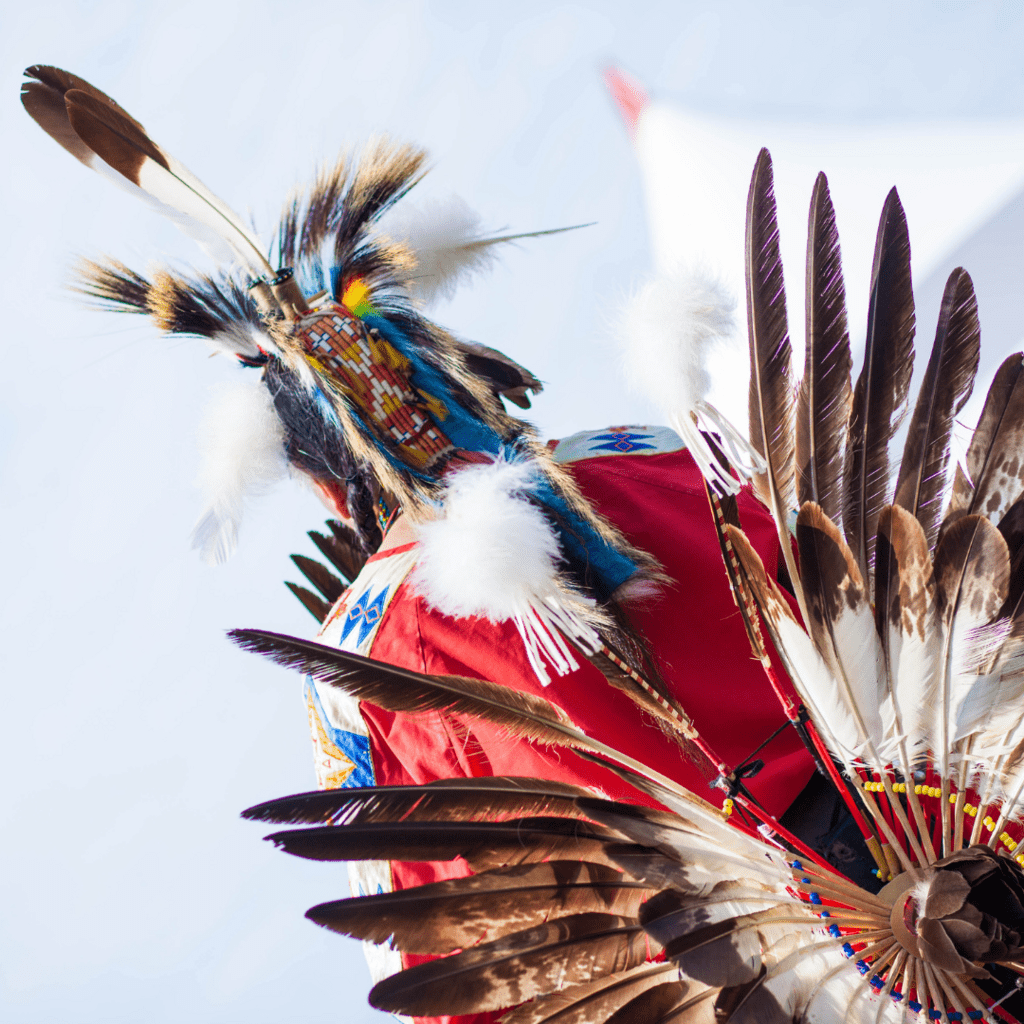Friday, September 1, 2023
Indigenous Connections - Summer 2023 | Volume 8
The Coming Together Edition
Happy September, everybody! Thank you for taking the time to check out another edition of Indigenous Connections. As we head towards the final days of summer, we have so much to reflect on and so many great Indigenous initiatives that took place here at the University of Waterloo. Summer is the time when we are busy tending to all the seeds we planted in spring, metaphorically and literally for those who garden! While it is a beautiful season, it can also be intense as it is often full of growth (and heat). We hope you have had a chance to find nourishment and connection through it all and welcome you to a new academic term!
